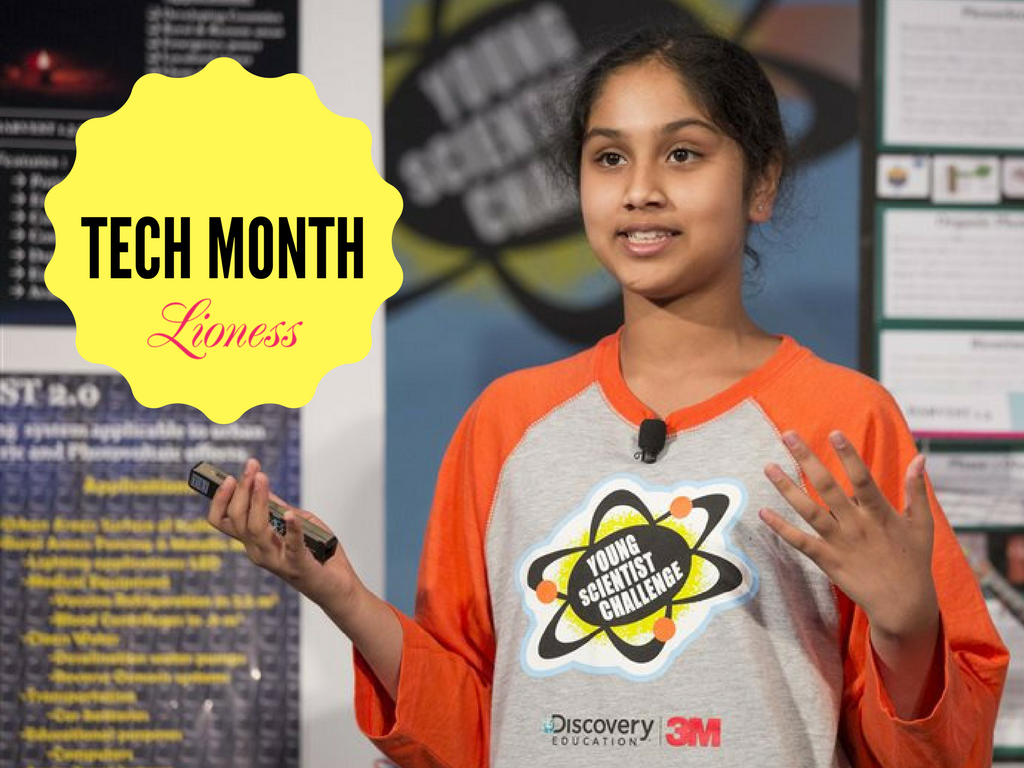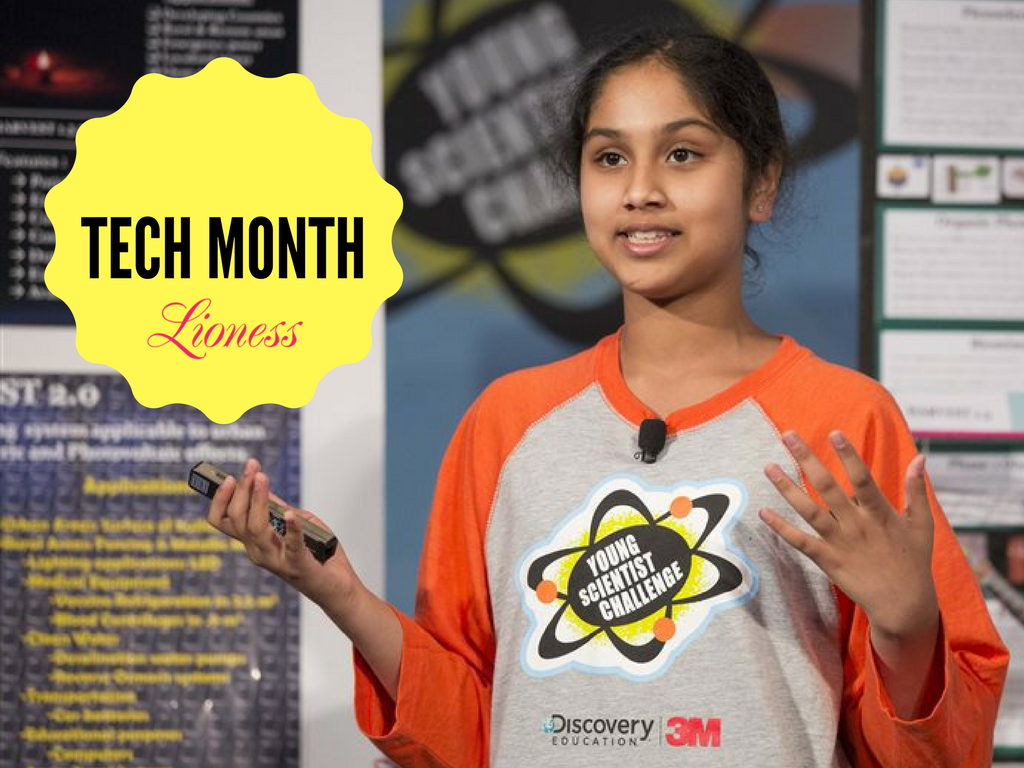
(BPT) – The family trip. For most kids it’s a chance to relax, visit a new destination, collect souvenirs, and create stories and memories to share with their friends throughout the year.
For 14-year-old Maanasa Mendu, however, the family trip provided her with a vision of how she needed to change the world.
Mendu’s spur for innovation came during a family trip to India, where she witnessed firsthand the energy scarcity experienced in regions of the world far from her native Ohio. The family makes the visit every summer, and during this visit, as she experienced persistent blackouts, Mendu knew she had to do something about it.
So she got to work.
With an idea in her head, she found her opportunity to grow and develop it through the Discovery Education 3M Young Scientist Challenge. The competition challenges students to create an innovation that solves a real-world problem affecting their global, national or local communities.
Nature inspired Mendu to solve the problem of unreliable power. By harnessing wind, solar and rain energy, she created a device that could provide energy in any rural or urban environment. Her early prototypes used recycled soda bottles hanging from a tree. She then attached solar panels like leaves and while these prototypes looked simple, they captured energy — as much as 9 volts with her third prototype.
Mendu used this discovery and her work thus far to enter the Young Scientist Challenge by recording a two-minute video describing the science behind her innovation. Judges evaluated her video based on her creativity, scientific knowledge, persuasiveness and overall presentation, and liked what they saw. Mendu was named a competition finalist and paired with a mentor, 3M Senior Product Development Engineer Margaux Mitera, to further develop her project.
For Mendu, the partnership with her 3M mentor ignited myriad new possibilities. “My mentor, Margaux, was amazing and I learned so much about the process of innovation working with her. She truly exemplified how collaboration is key to success!” she remembers.
Mitera’s sentiments were mutual. “Maanasa is such a bright, enthusiastic young woman. It was really a pleasure to work with her and help her project grow. I can’t wait to see what she will do in the future.”
With Mitera’s help, Mendu learned the four C’s of science: collaboration, communication, creativity and critical thinking. She was also able to meet with Mitera at the 3M Innovation Center in St. Paul, Minnesota, where each of the finalists arrived on October 16, 2016. Mendu and her fellow finalists all had the opportunity to present their projects before a panel of judges, including 3M scientists. When the competition was over, Mendu’s idea to deliver electricity to impoverished regions earned her the title of America’s Top Young Scientist.
The victory also awarded her $25,000, but Mendu isn’t looking toward the future just yet. She’s still busy in the present, perfecting her design, so she can help impoverished people around the world as soon as possible. “Along the way I have learned so much about the process of innovation,” she says of the project. “Innovation is more than just a lightbulb moment, it’s about being creative, trying new approaches and learning from your mistakes. I’ve began to realize the truth in the saying, “Genius is 1 percent inspiration and 99 percent perspiration.”
To learn more about the Discovery Education 3M Young Scientist Challenge, visit www.youngscientistlab.com/challenge.






Add Comment